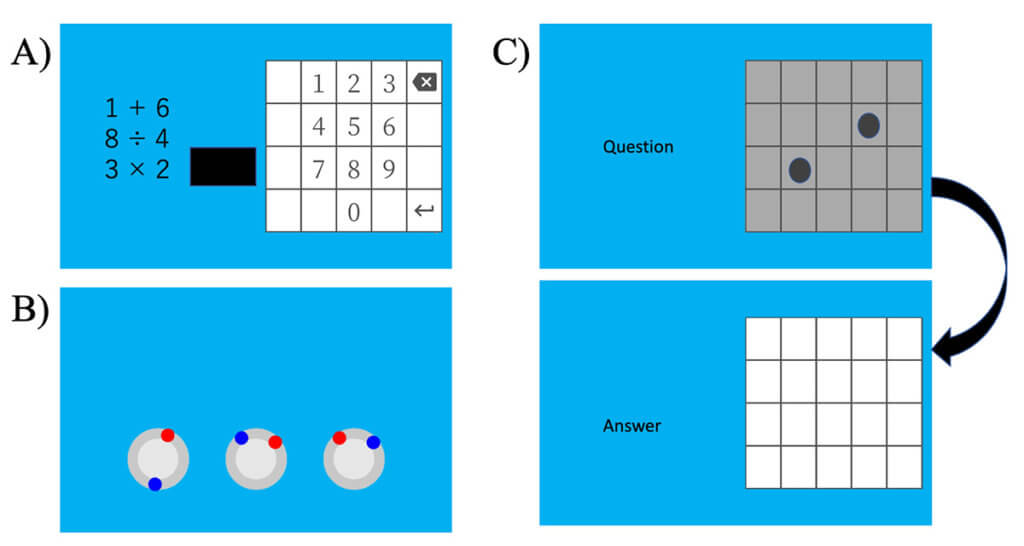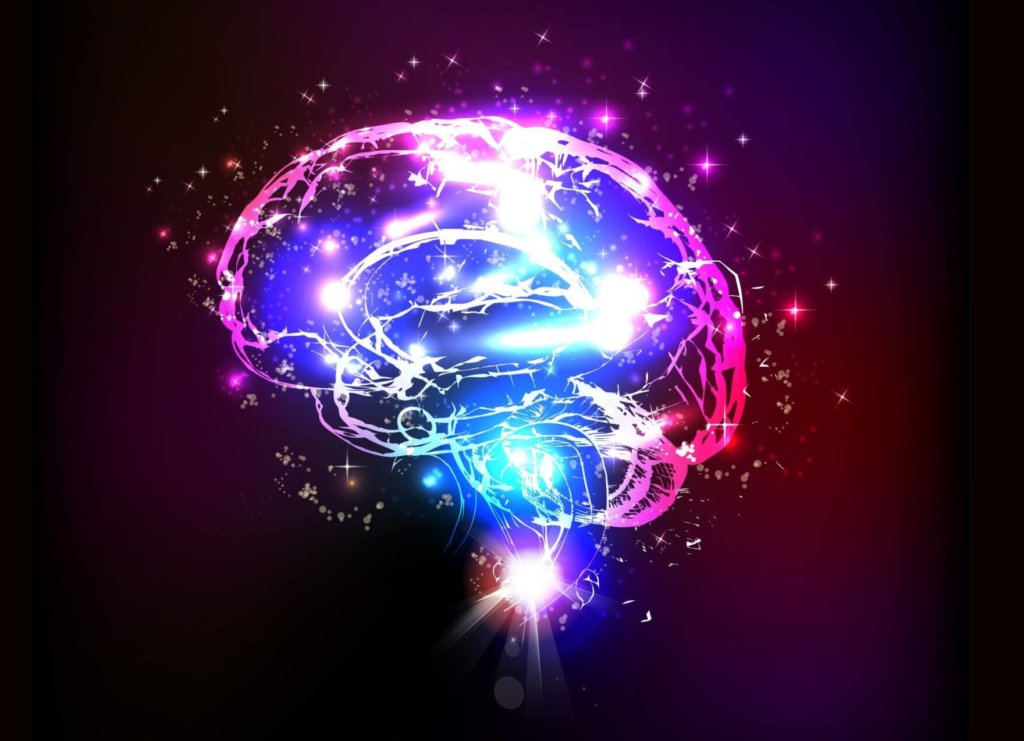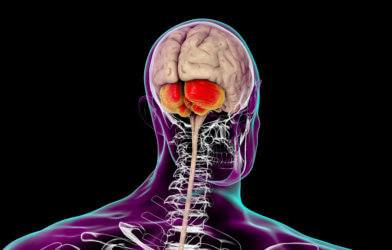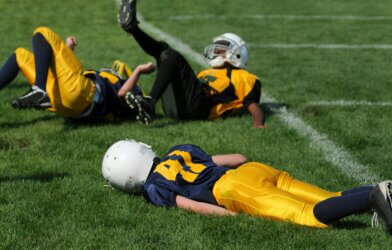“One, remember to look up at the stars and not down at your feet. Two, never give up work. Work gives you meaning and purpose and life is empty without it.”
Stephen Hawking
Virtually no one goes from spending life on their couch to completing the Iron Man Triathlon without a whole lot of training in between. The training is structured, in increments of increasing intensity. Practice is ad infinitum. Could brain training, which is also structured and requires practice, turn you into a theoretical physicist like Stephen Hawking? Studies on brain training have produced mixed results; research is ongoing.
A team of scientists at Japan’s Tohoku University, Institute of Development, Aging and Cancer, developed a new brain-training method featuring neurofeedback. It enables trainees to monitor their brain activity as they perform tasks, hoping that the neurofeedback will have a favorable impact on cognitive performance. Some previous research found a positive correlation between enhanced brain activity and improved cognitive function. The research team was eager to determine whether the addition of neurofeedback to brain training would improve cognitive performance.
Participants in the study were divided into three groups. One group received brain training with neurofeedback. Another group received the same brain training without the neurofeedback. The third group, designated a control group, were assigned to play a computer game for 20 minutes every day for four weeks.*
The brain training consisted of doing three different computer games in each of three categories of cognitive function: processing speed, attention, and memory. The group which received neurofeedback saw their screen color change during the tasks, according to how well they performed.

“We found that participants who did brain training with neurofeedback showed considerable improvements in episodic memory, working memory, and attention,” says Nouchi.
Nouchi stresses that increasing engagement with the tasks of brain training might be the key to increasing its benefits. “Our discovery points to the fact that greater brain activity during brain training is an important factor for improving cognitive functions,” he concludes.
The research is published in the journal Brain Sciences.
*Comment from Dr. Faith Coleman
It could be asserted that the third group, told to play a game for 20 minutes daily for four weeks were also receiving brain training, which would interfere with it being a valid control group. The researchers did not comment specifically on their findings in the third group. The researchers did report that the improvements in episodic memory, working memory, and attention in the group receiving neurofeedback were the only changes of any kind in the entirety of the study.







-392x250.jpg)



